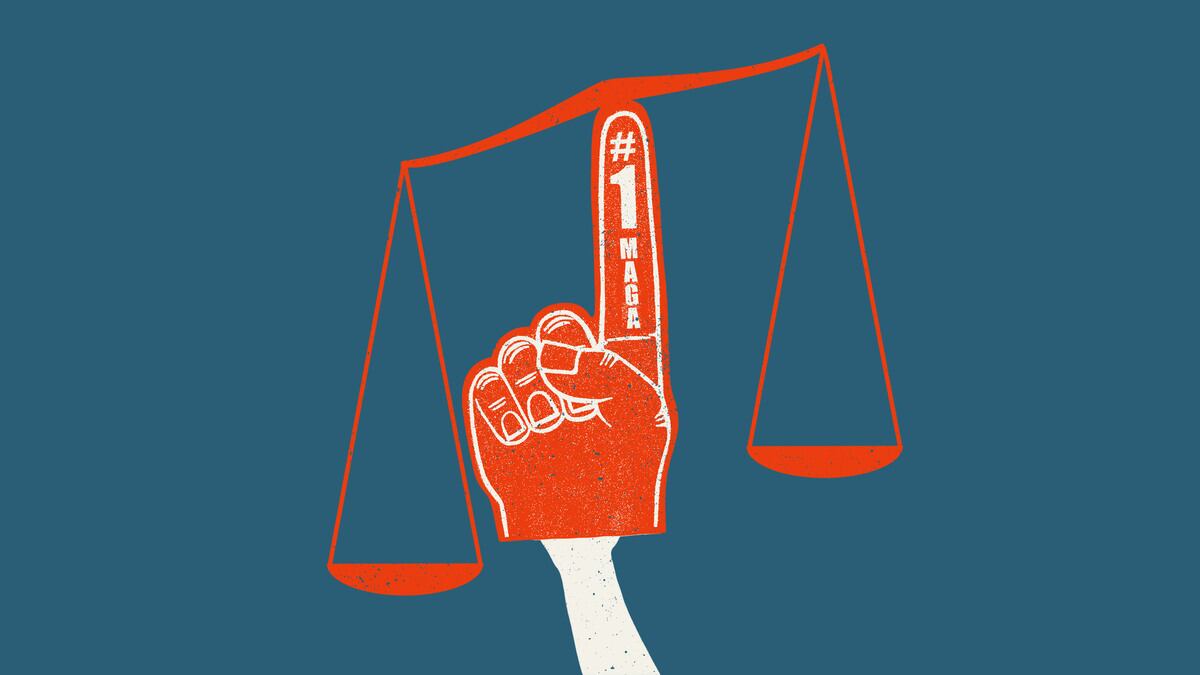Trumpland
Illustration by Elizabeth Brockway/The Daily Beast/Getty
Mar-a-Lago Jury Selection Will Be a MAGA Country Minefield
STACK THE DECK
The jury that will determine Donald Trump’s guilt in the classified documents case is poised to come from the reddest swath of purple South Florida.

Trending Now





